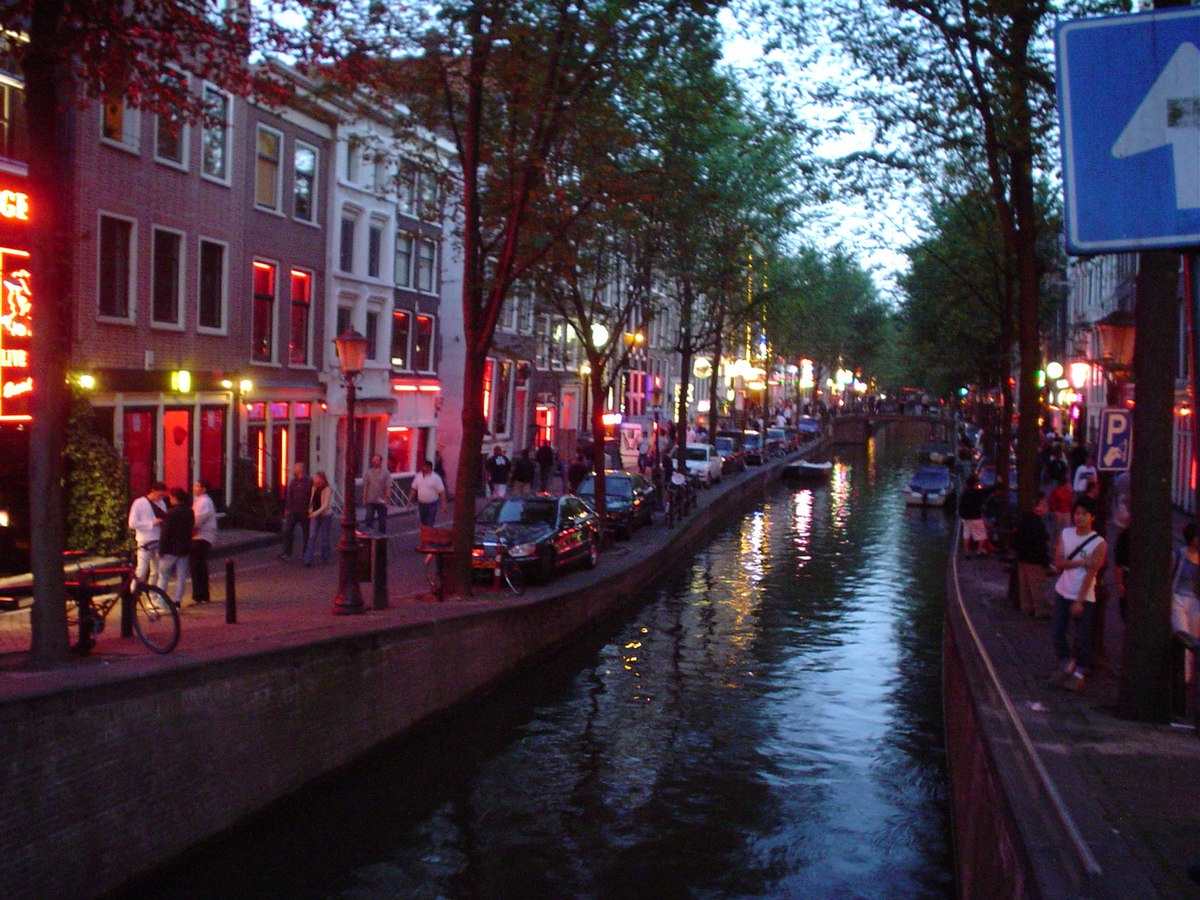
WEIGHT: 65 kg
Breast: C
1 HOUR:30$
NIGHT: +60$
Services: Moresomes, Role playing, Deep throating, Parties, Humiliation (giving)
This month saw the th anniversary of the discovery of Machu Picchu. Its discovery by the West, that is: it was in July that Hiram Bingham, a Yale historian, was led to the already year old site by a local shepherd boy, and announced the presence of the Machu Picchu estate to the world.
I visited Machu Picchu a couple of days before its anniversary; it was glorious. A sublime city in a sublime location; the hundreds of tourists walking around could not detract from its wonderfulness. Many streets are lined with fairly elderly women, selling largely similar goods, and given such a large supply the natural outcome is very low prices.

I resisted any temptation to haggle down from the price I was offered. The responses, from all over the Peruvian and Bolivian Andes, have varied from 1 day to 3 days, with the average response being two days. Here in Bolivia, the same type of gloves sell for 20 bolivianos, almost exactly the same price as in Peru.
Well, maybe. This is the market. A bag of pasta costs 5 bolivianos. A small avocado costs another 5. A big avocado might cost Well, perhaps. Her husband, if not on the street with her, is probably out tending the animals from where the wool comes. In fact he might not be bringing in any cash at all, simply goods in kind. All in all, the picture is one of poverty, and destructive competition between local producers that they bear with solidarity and dignity, if not good humour.
And the difference between poverty and sustainability is the price that the Western consumer tourist pays. And that price cannot possibly be a fair one. Because the quiet, respectable Aymara and Quechua locals are not simply selling their wares, they are flogging them to the lowest bidder in return for survival. Tokens of what is left of their culture, modified in style for Western consumption, become a direct drain on their minuscule wealth, flowing from their lands and their animals, through their manufacturing labour, to their labour as street-sellers, with the foreign tourist getting a nice authentic handicraft item as well as extra beer money, and the indigenous local getting the right to continue living, with exploitation occurring at every stage of the process.


































